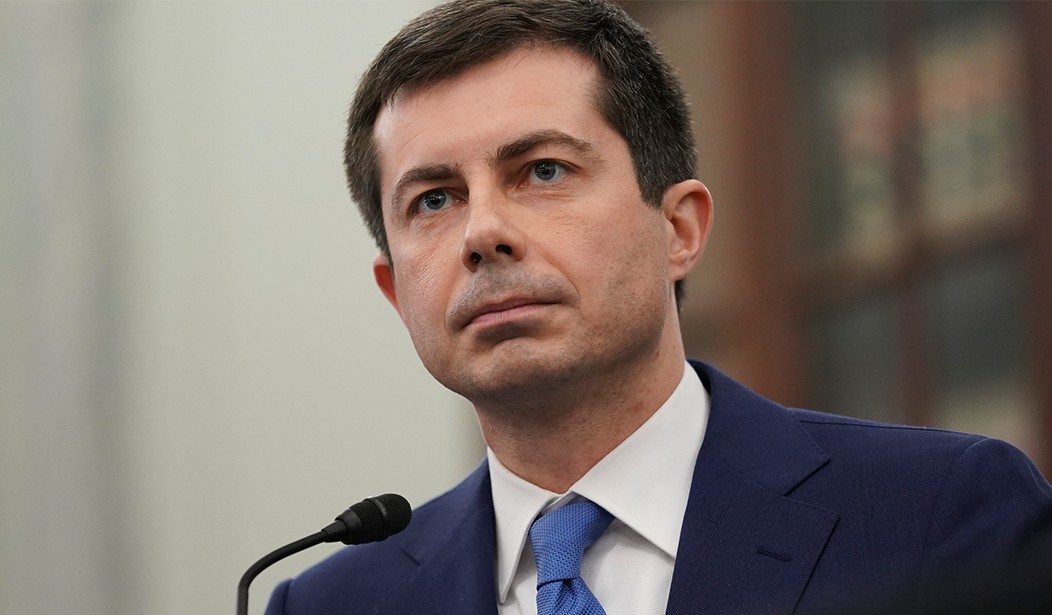The Biden administration is casting about for ways to fund its gargantuan $3 trillion infrastructure program and have come back to an idea that first appeared in the 1990s. If we’re going to fix the roads, why not force those who drive the most to pay the most? A mileage tax is on the front burner and is included with a of a host of ideas that would fund the bill.
It’s the “user pays” principle of government spending, which, in theory, has a lot of pluses. But what has stopped the idea from becoming reality before is the problem of how you go about figuring it and collecting it.
Several states have toyed with the idea of installing devices to track the mileage of individual autos. As expected, the notion of the government hooking up a device to keep track of how far you drive did not go over well with citizens. Many of us wonder what else could be placed in the device to keep track of us.
Transportation Secretary Pete Buttigieg told CNBC that the mileage tax is only one revenue-raising idea the administration is considering.
“I’m hearing a lot of appetite to make sure that there are sustainable funding streams,” the Transportation secretary said. A mileage tax “shows a lot of promise if we believe in that so-called user-pays principle: The idea that part of how we pay for roads is you pay based on how much you drive.”
The Transportation secretary’s comments came as President Joe Biden prepares to detail during a trip to Pittsburgh next week sweeping infrastructure proposals that could cost $3 trillion to $4 trillion.
An Illinois mileage-tax plan never made it out of committee. It would have taxed mileage at 21 cents a mile, as opposed to a gas tax that taxes fuel at 19 cents a mile. The charge would have only gone into effect when the taxpayer drives on one of the 18 highways in the state.
One can only imagine the nightmare of trying to enforce the tax on highways across the country.
No doubt, technologically, it could be done. But if we tax vehicles in this way, why not our phones? Or our tablets and other connected devices? That’s an awful lot of information the government would potentially have at their disposal.
There’s also the question of what else that mileage tax would fund. The Biden plan also includes many climate change actions and “social justice” elements that balloon the cost of the bill from about $1 trillion for a straight infrastructure measure to a $3-4 trillion climate change boondoggle.
“I don’t think the bill can grow into a multi-trillion-dollar catch-all,” Missouri Rep. Sam Graves, the top Republican on the House Transportation & Infrastructure Committee said Thursday. “A transportation bill needs to be a transportation bill, not a Green New Deal. It needs to be about roads and bridges.”
Republicans won’t sit still for anything related to climate change or the radical’s social justice agenda, which would force Biden to once again use the reconciliation process to pass it. But this time, they’re likely to get some pushback from Democratic energy state senators who tend to take a dim view of anti-fossil-fuel legislation.
If Joe Biden truly wanted to rebuild America’s infrastructure in a bipartisan manner, he would develop a plan with Republican input. But Biden — who was never serious about his “unity” pledge — will no doubt ignore Republicans to pass the bill without them.










Join the conversation as a VIP Member